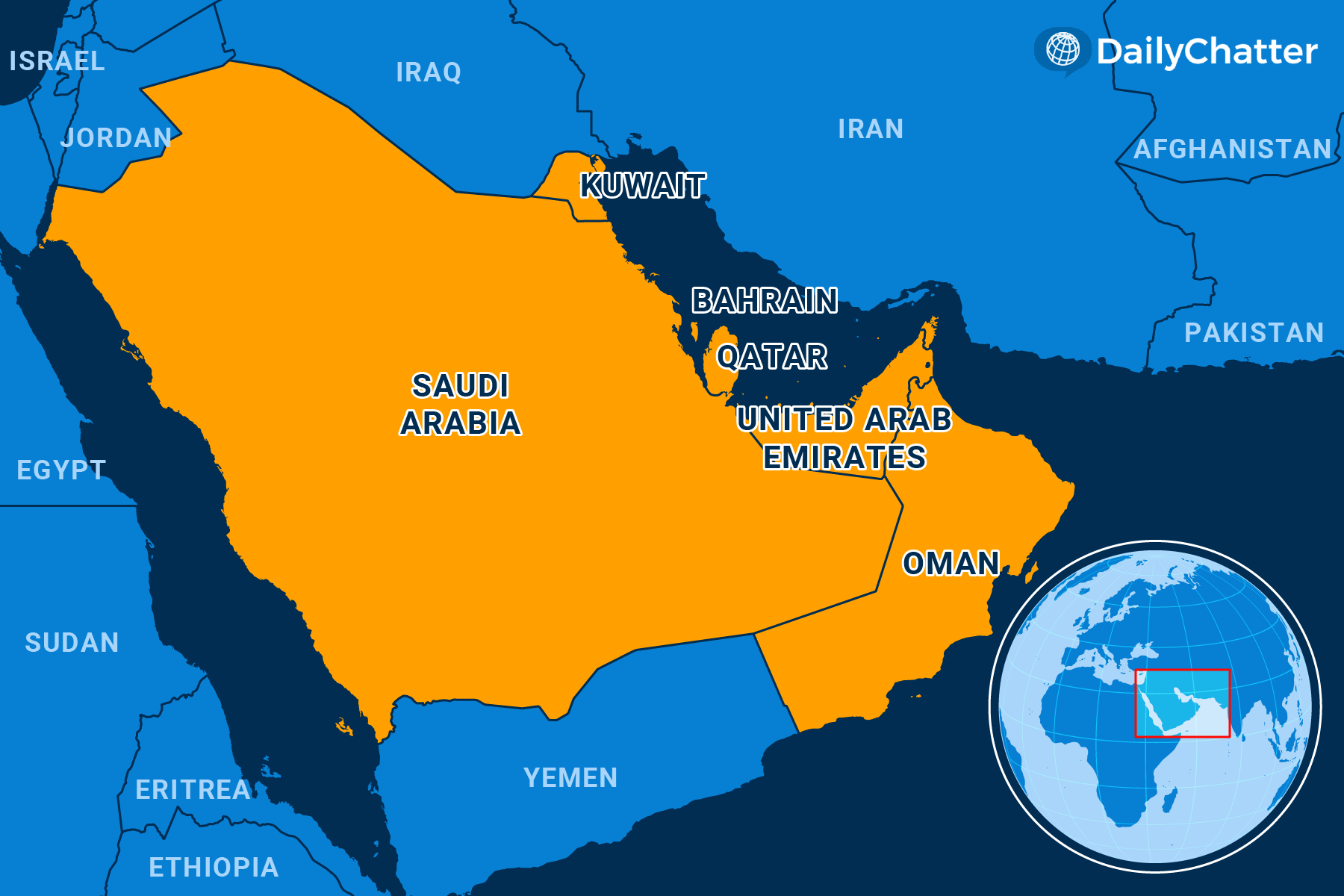Need to Know
March 01, 2023Nintendo and Synagogues
Middle EastPersian Gulf

|
Listen to Today's Edition
|
The Arab nations of the Persian Gulf are normalizing relations with Israel, loosening some of their harsh Islamic orthodoxies, and gradually transitioning their oil-dependent economies to a post-carbon future.
These changes could herald a new era of openness and prosperity. Or they could turn out to be ill-conceived experiments that further undermine the stability of the Middle East.
The United Arab Emirates, for example, has inaugurated a religious center that includes an Islamic mosque, a Christian church, and a Jewish synagogue – the first in the oil-rich kingdom – in one location. As Agence France-Presse reported, the UAE opened diplomatic and trade relations with Israel three years ago. Today, its small Jewish community prays privately.
Dubai, a major city in the UAE, also recently suspended a 30 percent alcohol tax and ended other curbs on buying alcohol, which is prohibited under Islam, in an attempt to boost the tourist industry, and which also includes welcoming Israeli visitors, wrote Reuters.
Saudi Arabia has also launched an effort to bring more tourists to the desert kingdom, even though alcohol is banned, unmarried couples can easily run afoul of the law, and the country’s leadership under Crown Prince Mohammed bin Salman regularly abuses human rights, according to the Financial Times. Officials have loosened the enforcement of laws for tourists, too, added Foreign Policy magazine.
Those effects dovetail with other reforms, including granting more careers to females, like the first-ever Saudi astronaut, the Telegraph noted, adding that Saudi Arabia lifted a ban on women driving cars in 2018.
The question is whether these efforts will yield real democratic changes. Otherwise, the Economist argued, they’re empty gestures that are the equivalent of bread and circuses designed to divert the attention of citizens who play little or no role in their country’s political systems.
Qatari society opened up significantly to the world in the run-up to the FIFA World Cup last year, for example, noted CNN. Observers are now wondering whether those new perspectives will take root and expand civil society or simply wither on the vine.
These Arab states appear to be more successful in shifting away from oil-based economies, the International Monetary Fund found recently, reported Bloomberg. A Saudi sovereign wealth fund recently became the largest outside investor in Nintendo, the Washington Post noted. Meanwhile, the Gulf governments are spending lavishly on education, transportation, renewable energy and other programs while building up their tax-collecting capabilities, which will be a crucial move if their domestic economies, rather than oil exports, are going to fund government services someday.
Arab leaders really only have themselves to blame if they fail.
Not already a subscriber?
If you would like to receive DailyChatter directly to your inbox each morning, subscribe below with a free two-week trial.
Support journalism that’s independent, non-partisan, and fair.
If you are a student or faculty with a valid school email, you can sign up for a FREE student subscription or faculty subscription.
Questions? Write to us at hello@dailychatter.com.

